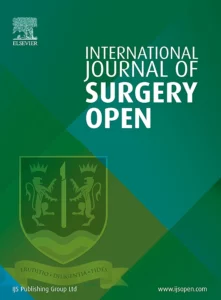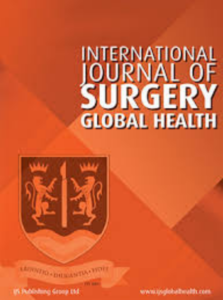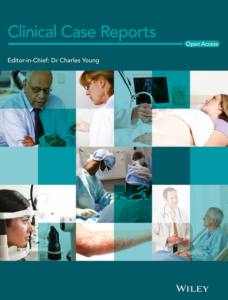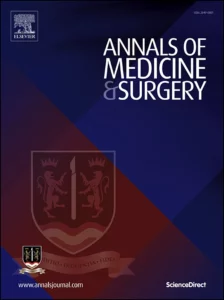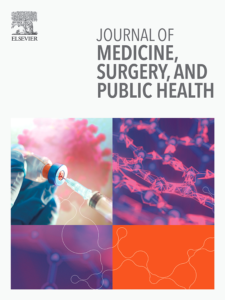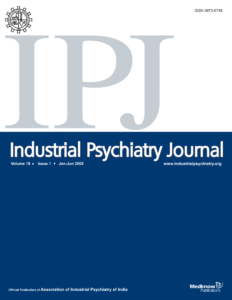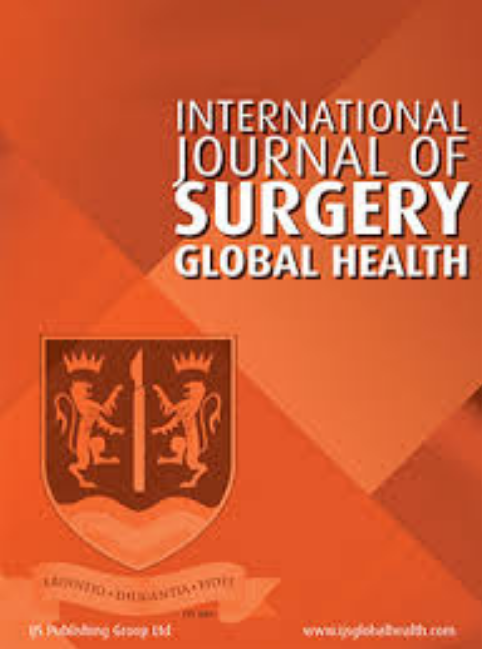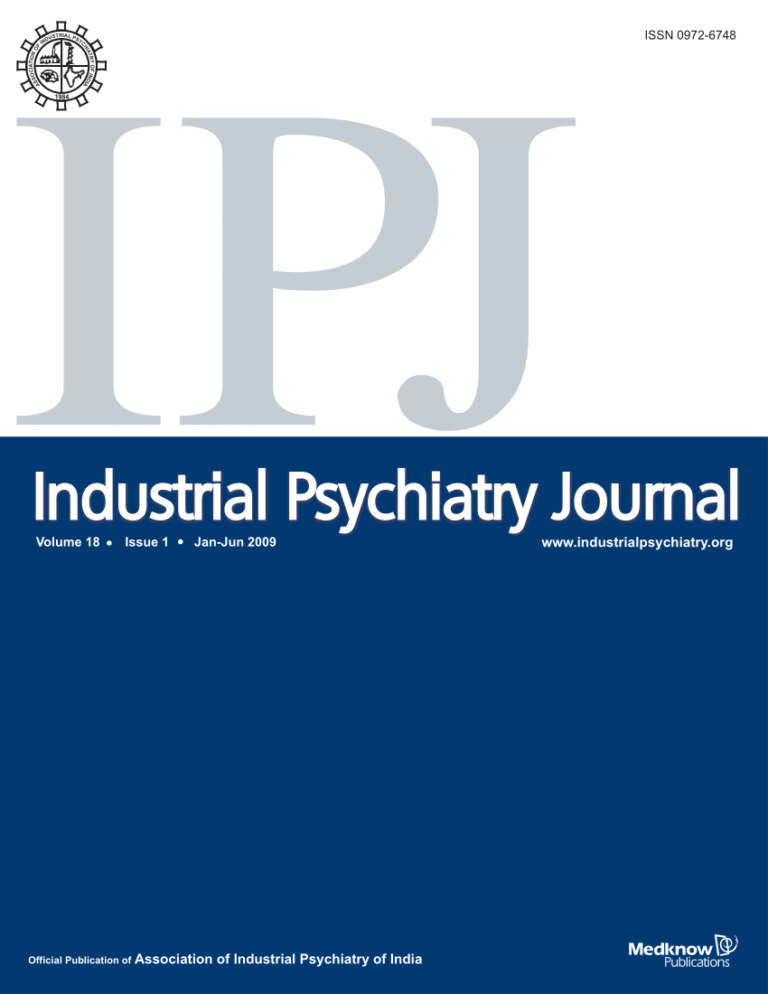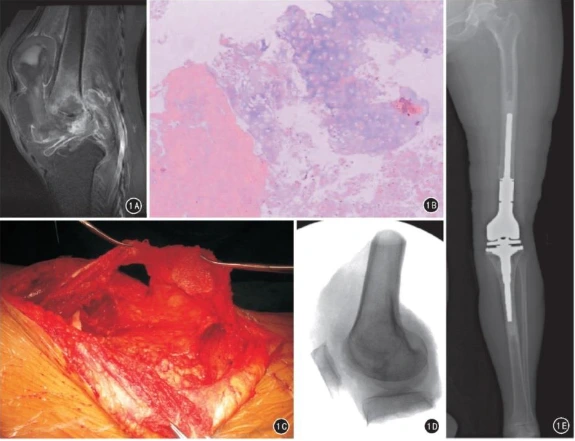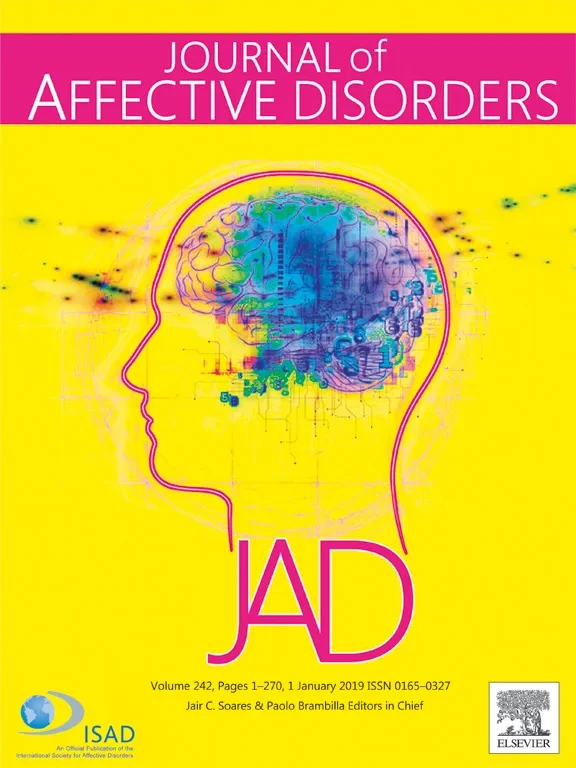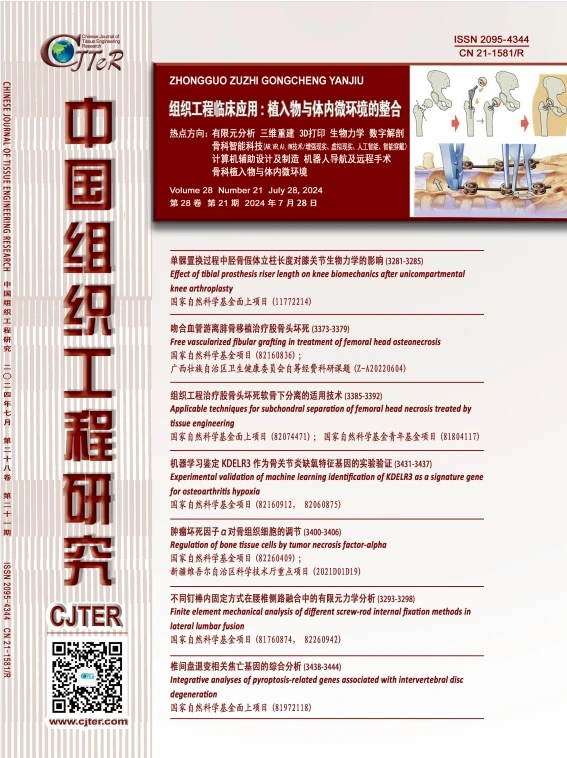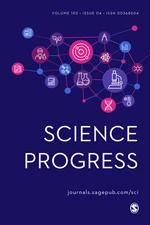Abstract: Vaccine hesitancy, defined as the reluctance or rejection in receiving a vaccine despite its availability, represents a major challenge to global health efforts aiming to control the ongoing COVID-19 pandemic. Understanding the possible factors correlated with COVID-19 vaccine hesitancy using a refined well-informed approach can be helpful to address the phenomenon. The current study aimed to evaluate COVID-19 vaccine acceptance rates using four hypothetical scenarios of varying levels of vaccine efficacy and safety profiles in ten Asian, African and South American countries. These scenarios included: 95% efficacy and 20% side effects (Vaccine A), 75% efficacy and 5% side effects (Vaccine B); 75% efficacy and 20% side effects (Vaccine C) and 50% efficacy and 5% side effects (Vaccine D). This study used a self-administered online survey that was distributed during February–May 2021. The total number of study respondents was 1337 with countries of residence as follows: India (21.1%), Pakistan (12.9%), Sudan (11.2%), Nigeria (9.3%), Iran (8.2%), Bangladesh and Brazil (7.9%), Chile (7.7%), Tunisia (7.6%), and Egypt (6.2%). The overall acceptance rates for COVID-19 vaccination were variable based on varying degrees of safety and efficacy as follows: 55.6% for Vaccine C, 58.3% for Vaccine D, 74.0% for Vaccine A and 80.1% for Vaccine B. The highest levels of COVID-19 vaccine acceptance were observed in Brazil followed by Chile across the four different safety and efficacy scenarios. The lowest COVID-19 vaccine acceptance rates were reported in Egypt and Tunisia for the low safety scenarios (20% side effects), and the low efficacy scenario (50% efficacy). The study revealed the potential effect of vaccine safety and efficacy on the intention to get COVID-19 vaccination. At the same efficacy level, higher possibility of side effects caused a large drop in COVID-19 vaccine acceptance rate. This indicates the importance of accurate communication regarding vaccine safety and efficacy on attitude towards the vaccine and intentions to get vaccinated. Regional differences in COVID-19 vaccine acceptance were observed with the Middle East/North African countries showing the lowest rates and the South American countries displaying the highest vaccine acceptance rates.
http://doi.org/10.52225/narra.v1i3.55

